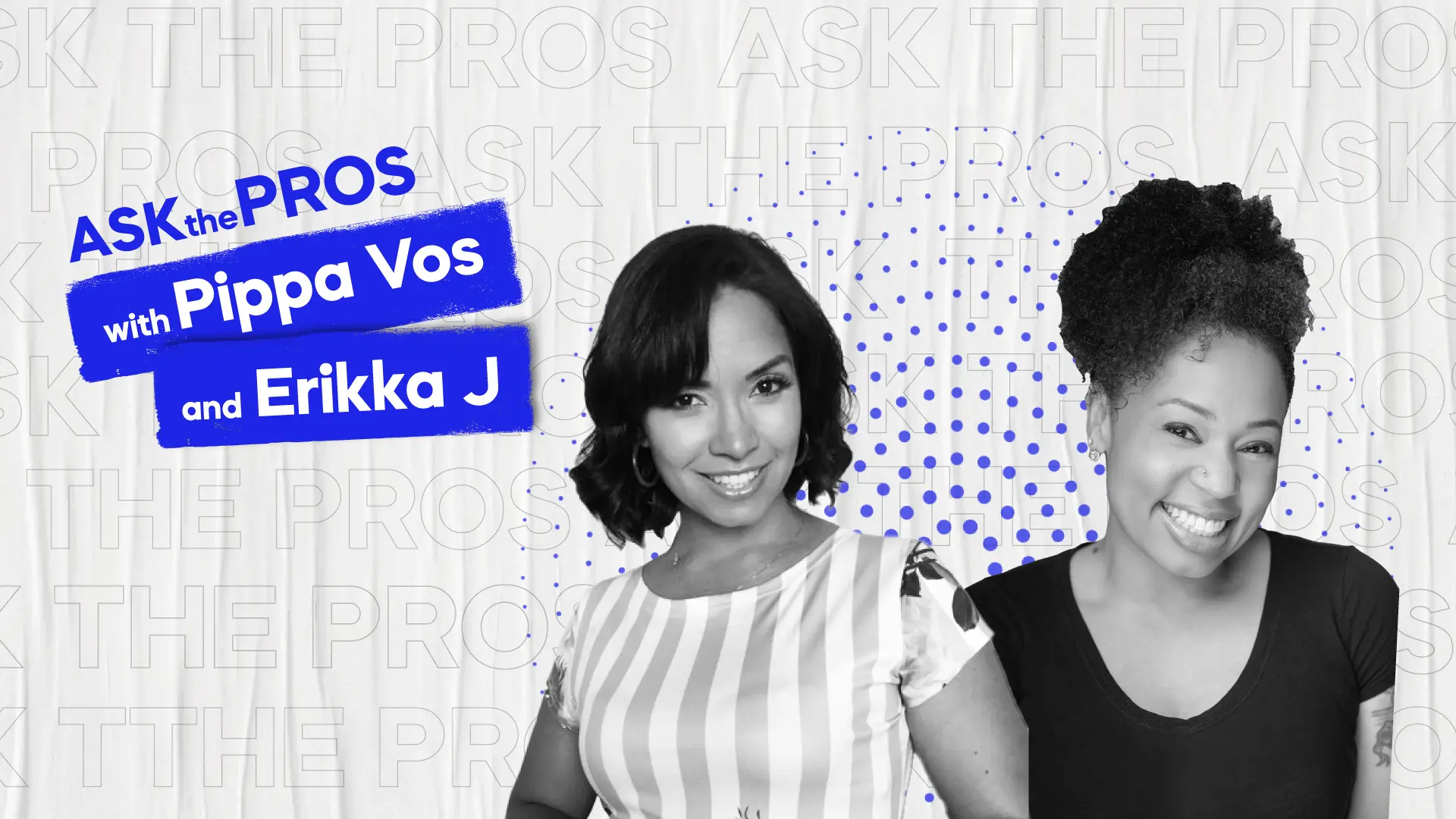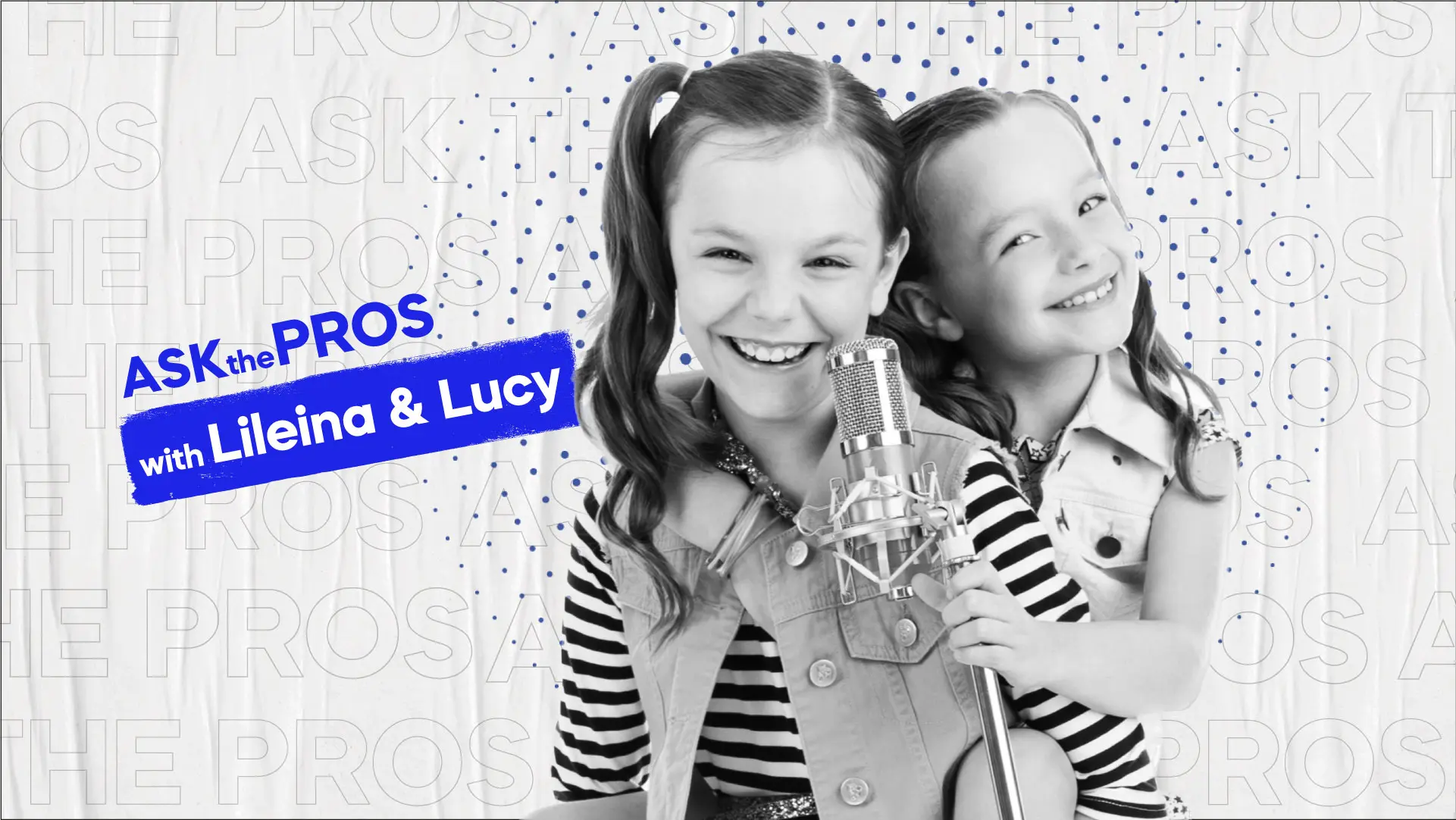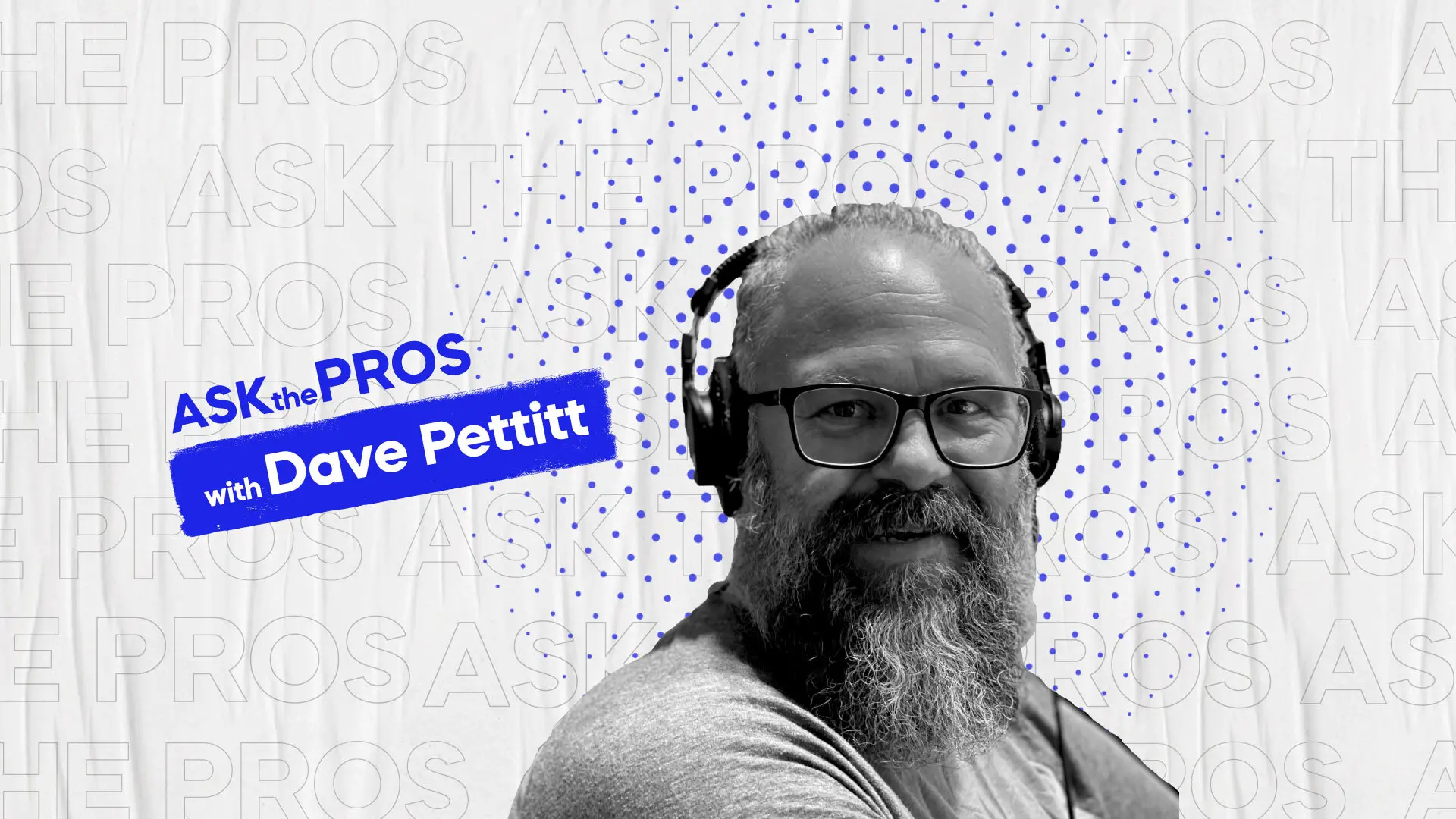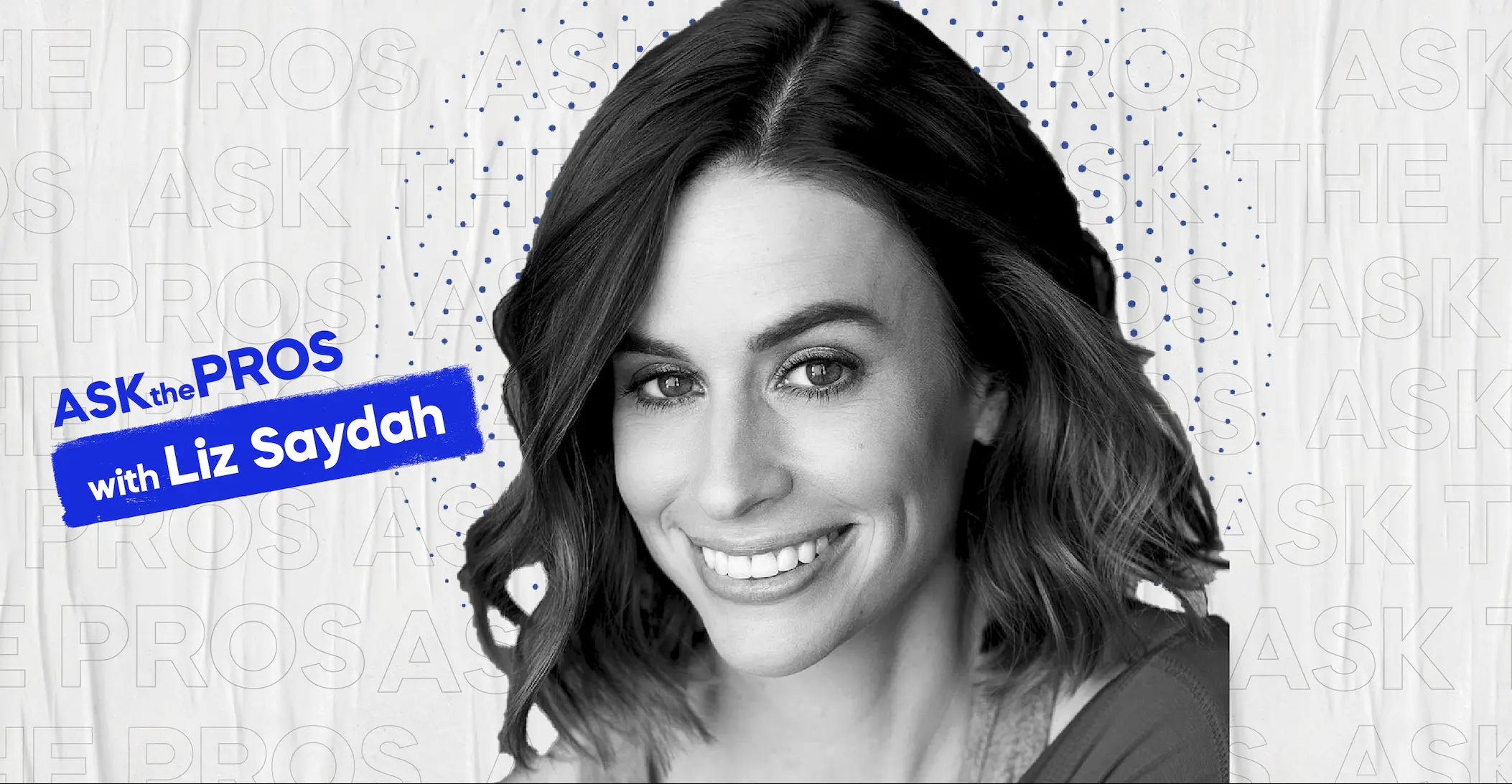
How to practice voice acting
Ask the pros with Liz Saydah. Liz shares vital tips on how to practice voice acting to hone your art and craft. She also answers questions such as: How to voice act? How to use voice acting practice lines? And what are practical ways to get voice acting training?
Liz, you’ve been successfully voice acting for the last 12 years. Can you share more about how to voice act?
In the beginning, it was a combination of throwing everything against the wall to see what stuck, doing it every single day (consistency), and never losing hope (persistence).
As far as how to practice voice acting – let me preface this by saying: everyone is different. So take everything with a grain of salt and do what works for YOU. But if you’re truthful and intentional, I really don’t think you can go wrong. So don’t be generic – just go for it.
When I get a script – either an audition or a job – I hit record. I don’t look at it, I don’t analyze it, I just go and trust my instincts. I like to see what organically comes out of that.
It could be abysmal, or it could be just authentic and raw. I always think it’s worth recording a cold read (which intentionally or unintentionally also helps your cold reading skills) because it helps you learn to trust and hone your instincts, which bring a script to life.
From there I hone and polish as needed. I think these are all things that you learn in the beginning when you’re really figuring out your voice and your individual strengths.
That's great advice; but would you say that it's 100% natural talent or can anyone practice voice acting?
Though talent certainly helps, voice acting can absolutely be a learned skill. Most of the time, we’re just hired to be ourselves. Gone are the days of the “radio announcer” guy. So if you’re good at “being you” you can voice act. Easier said than done, however! The amount of time and energy that goes into the “effortless” read is crazy. In the real world, we don’t have a script in front of us while standing in a box with eight agency people breathing into our ears while trying to be effortlessly natural.
For me, it’s been the experience more than anything that has elevated my skills and calmed my nerves in those moments. I think coaches are essential early on to help with bad habits, technical know-how, and some of the broader strokes, but it’s up to you to really learn your instrument and how to use it best over time.
How do you practice voice acting?
There’s this great free resource – called the internet – where you can find any type of script you could ever want. And by “script” I mean anything: articles, book excerpts, spec copy, anything. For example, I enjoy the challenge of taking something out of context or that’s not necessarily written for VO and making it into whatever genre I want.
So often you’ll get a script that’s full of tech-speak or statistics or let’s say, not the most exciting content, and it’s your job to breathe life into it. Even if it’s a super dry article on the stock market, why not read it as the all-knowing Silicon Valley millennial? Or the corporate CEO? It just helps to see the same texts differently, and how you can do it in infinite ways.
Excellent, and what else did you do to improve?
Early on, I got myself into some voice acting workshops just to – again – get a handle on what I was working with, and what I could improve on. Then I just started auditioning so that I could get the practice while putting myself out there. Ultimately, it did help me gauge how I was doing since I slowly started getting hired more and more. At the end of the day, the question is always: Am I getting hired? Yes – then keep doing more of that. No – figure out what isn’t working.
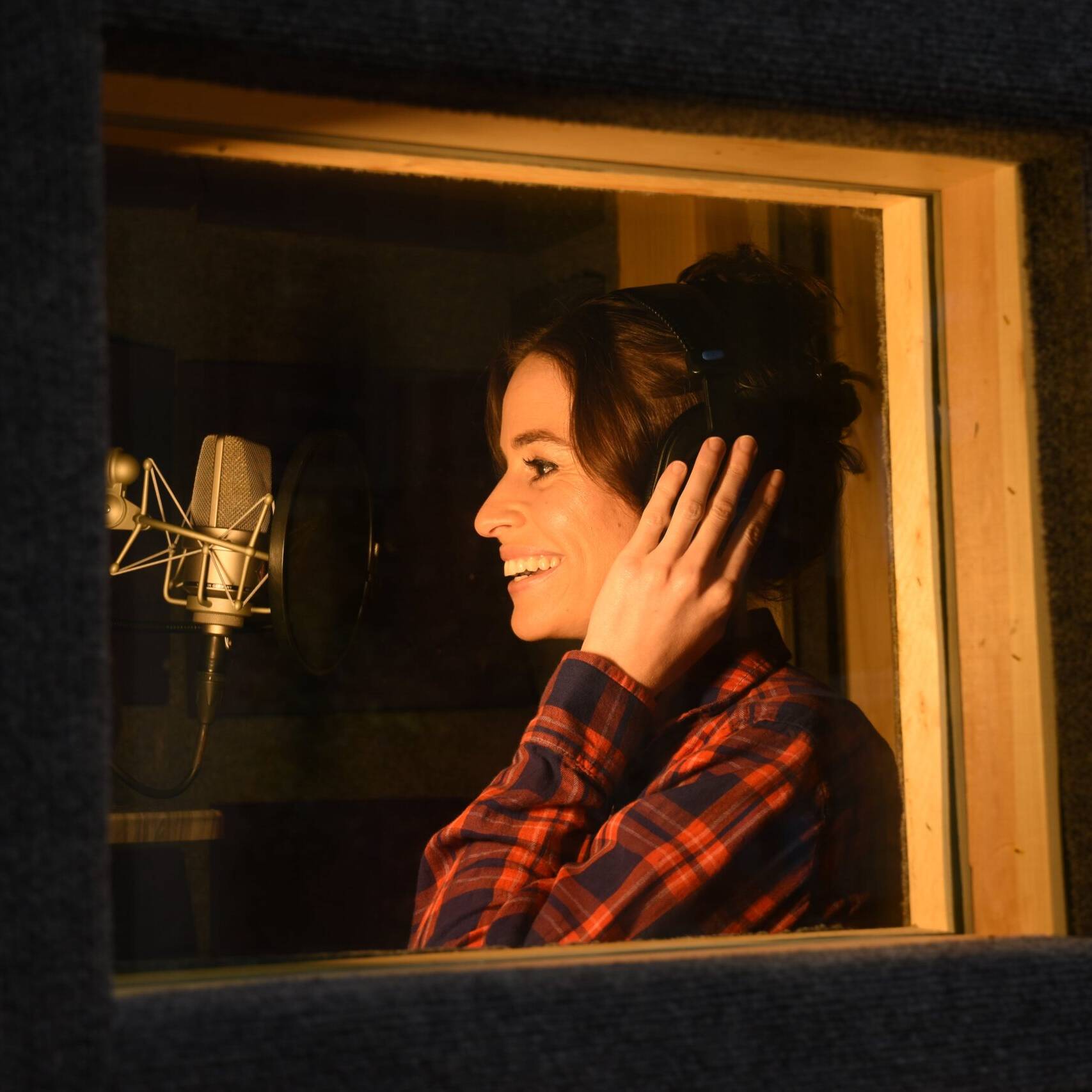
On that thought of auditioning, how can someone use voice acting practice lines to hone their craft?
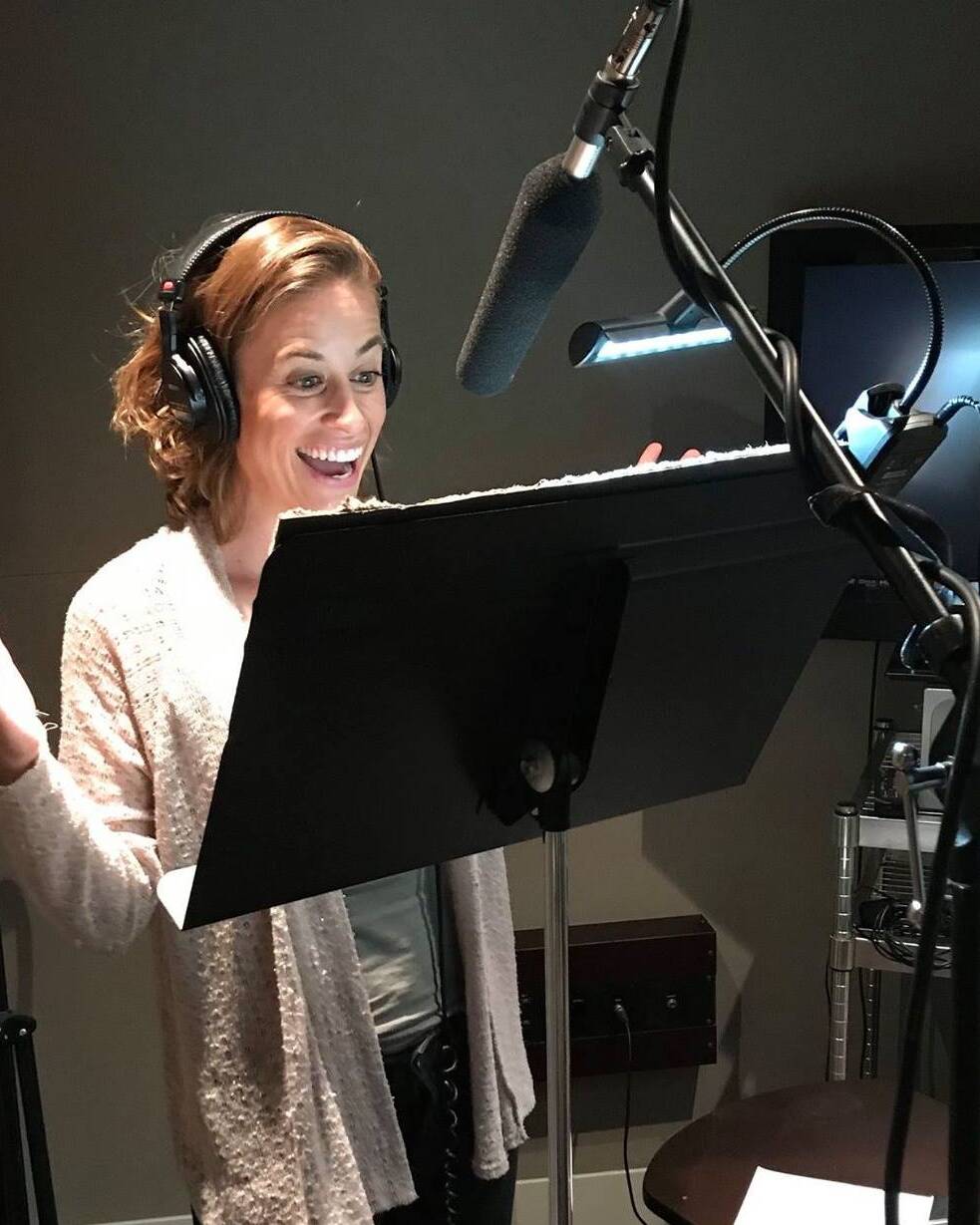
I think as I said before, you can look at the same script in 75 different ways. You can emphasize every word differently. You can vary the energy in some sections and not in others. When you’re practicing, you have to be willing to play and go outside your comfort zone, and just be willing to be awful. I think that broke me free of a lot of “sameness.”
Very practical tip, so have you used voice acting practice lines as a type of voice acting training?
It sounds kind of clinical, but take one line and read it 10 different ways. Emphasize different words, do it with a giant smile, get intimate with the mic, go big energy, etc. If you don’t try it, you won’t know what’s in your wheelhouse.
Excellent point, and can you share other types of training?
I am a huge proponent of improv. Take an improv class – it’s just the best. At the very least, it’ll get you out of your head for an hour or two, but it’s the best way to develop characters, think on your feet, and learn how to add to a script. I often improvise in sessions (read the room first – it’s not always welcome or appropriate!), and clients (usually) LOVE it.
Sounds fun! Are there different types of training for different genres?
That’s where I recommend a great coach to really hone into the nuances of a specific genre because, in the beginning, you don’t know what you don’t know.
For example, TV promo work is going to be a different approach than coaching for eLearning. I think it’s helpful to hire a coach who can identify your voice type and help you find your “niche” so that you can succeed.
There are no hard and fast rules anymore about voice “types” for specific things; it’s just about you learning to tailor your voice around the genre.

And for those who want to learn how to get in to voice acting, what initial steps can they take?
If you’re starting out, be patient, use workshops or coaching to help learn how to voice act and get a handle on your instrument. And practice and/or audition like crazy. There’s tons of work out there to be had, so get out and get it!
Special thanks to Liz Saydah for sharing her experience and advice on how to practice voice acting.
Check out Liz's profile here! And listen to her most recent work:
FAQ's: How to practice voice acting
Practice reading all types of scripts: articles, book excerpts, spec copy, anything! Make the best of workshops, auditioning, and improv classes.
You can look at the same script in 75 different ways. You can emphasize every word differently, vary the energy; be willing to play and go outside your comfort zone, and just be willing to be awful.
